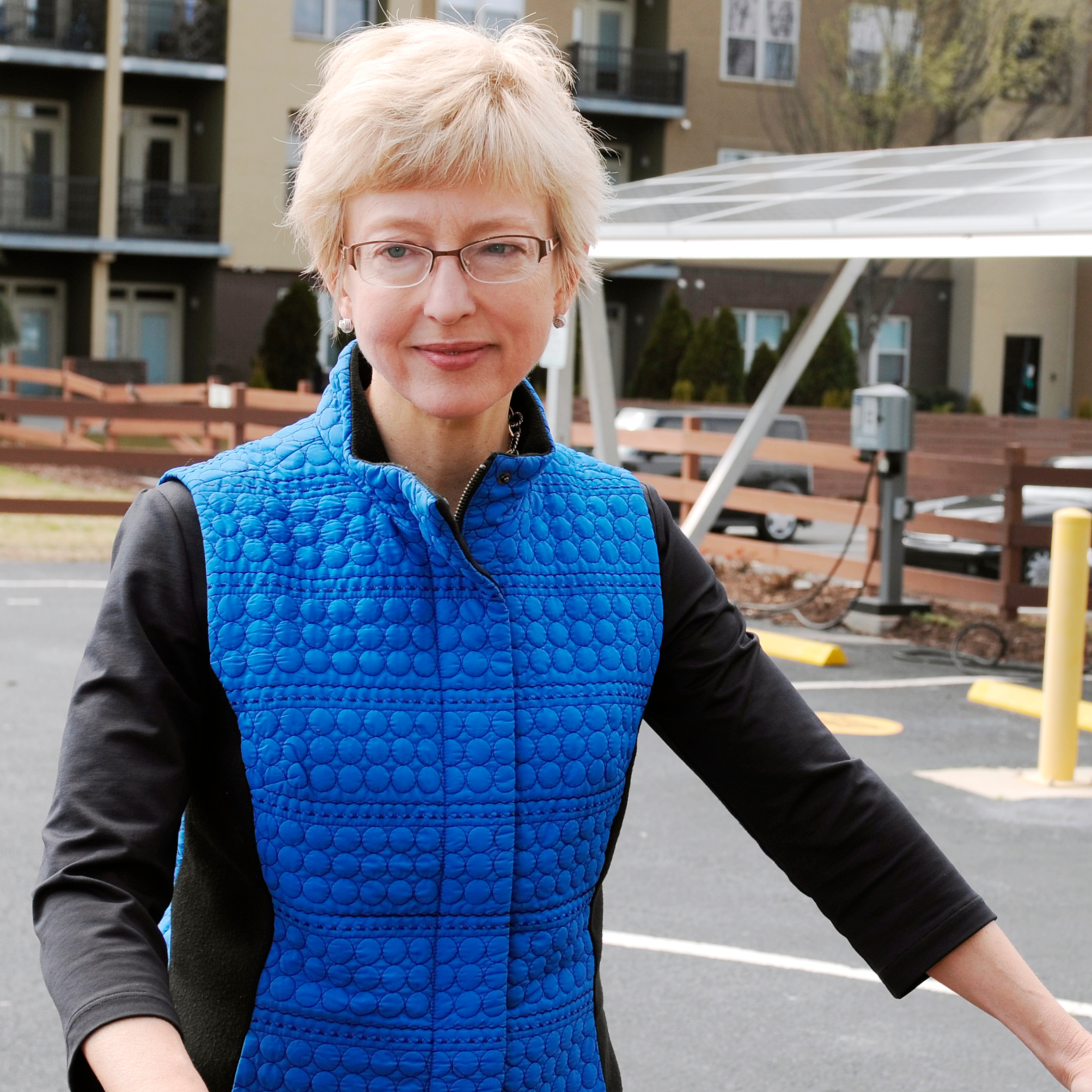Energy is one of the biggest household expenses in the United States, and with the rise in global temperatures, saving energy is critical for reducing utility costs. Valerie Thomas, professor and Anderson-Interface Chair of Natural Systems from the H. Milton School of Industrial and Systems Engineering (ISyE), offers her perspective on energy efficiency in the home.
“The biggest mistake consumers make is to think that the first step is to buy new equipment or technology,” said Thomas in the Q&A. “People can run their homes with energy efficiency in mind. Some big energy-saving tips: heating and air conditioning use a lot of energy, so look for ways to turn that way down.”
When asked if the government should continue to incentivize consumers and businesses to invest in energy-efficient projects, Thomas explained that energy efficiency standards for buildings should be included in building codes and appliance standards, but that government subsidies can support the testing and adoption of new technological innovations.
“Energy utilities can subsidize energy efficiency improvements because it saves money for the utilities,” said Thomas in the article. “By reducing demand, utilities do not have to buy the most expensive energy and they can save money and provide better service even in very hot or very cold weather.”
You can read the full interview here.
